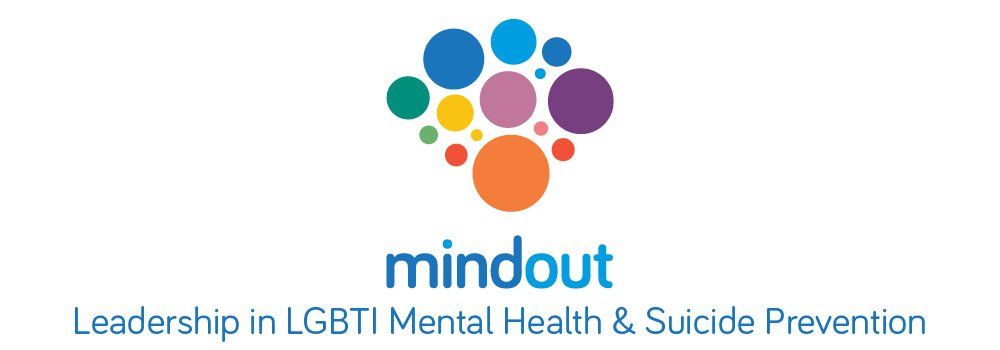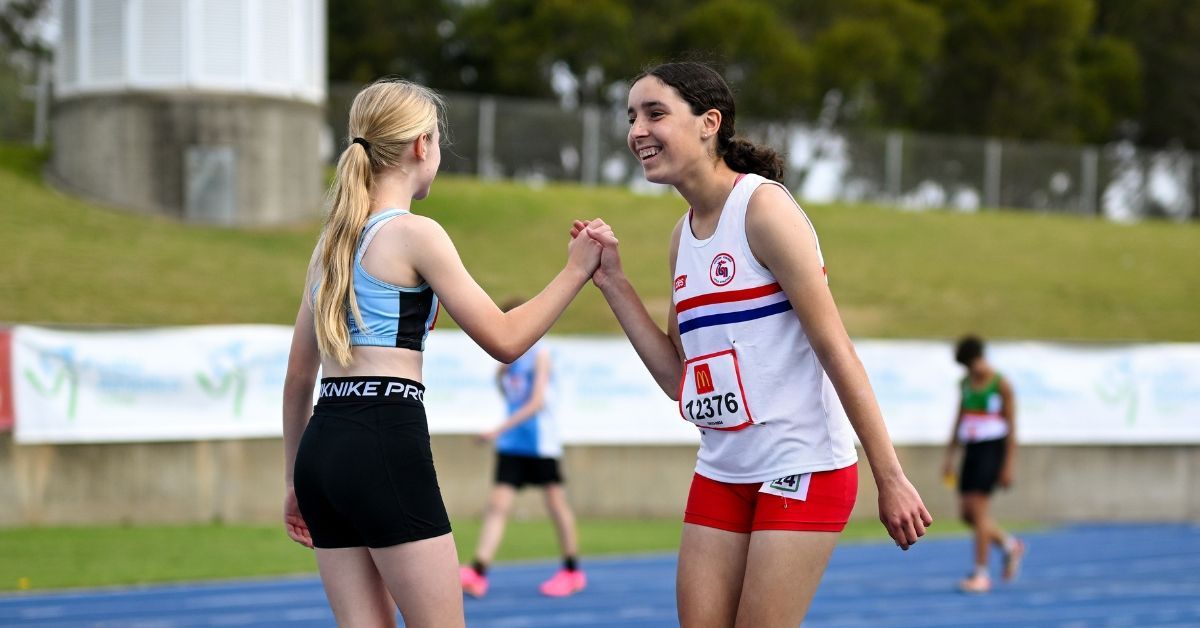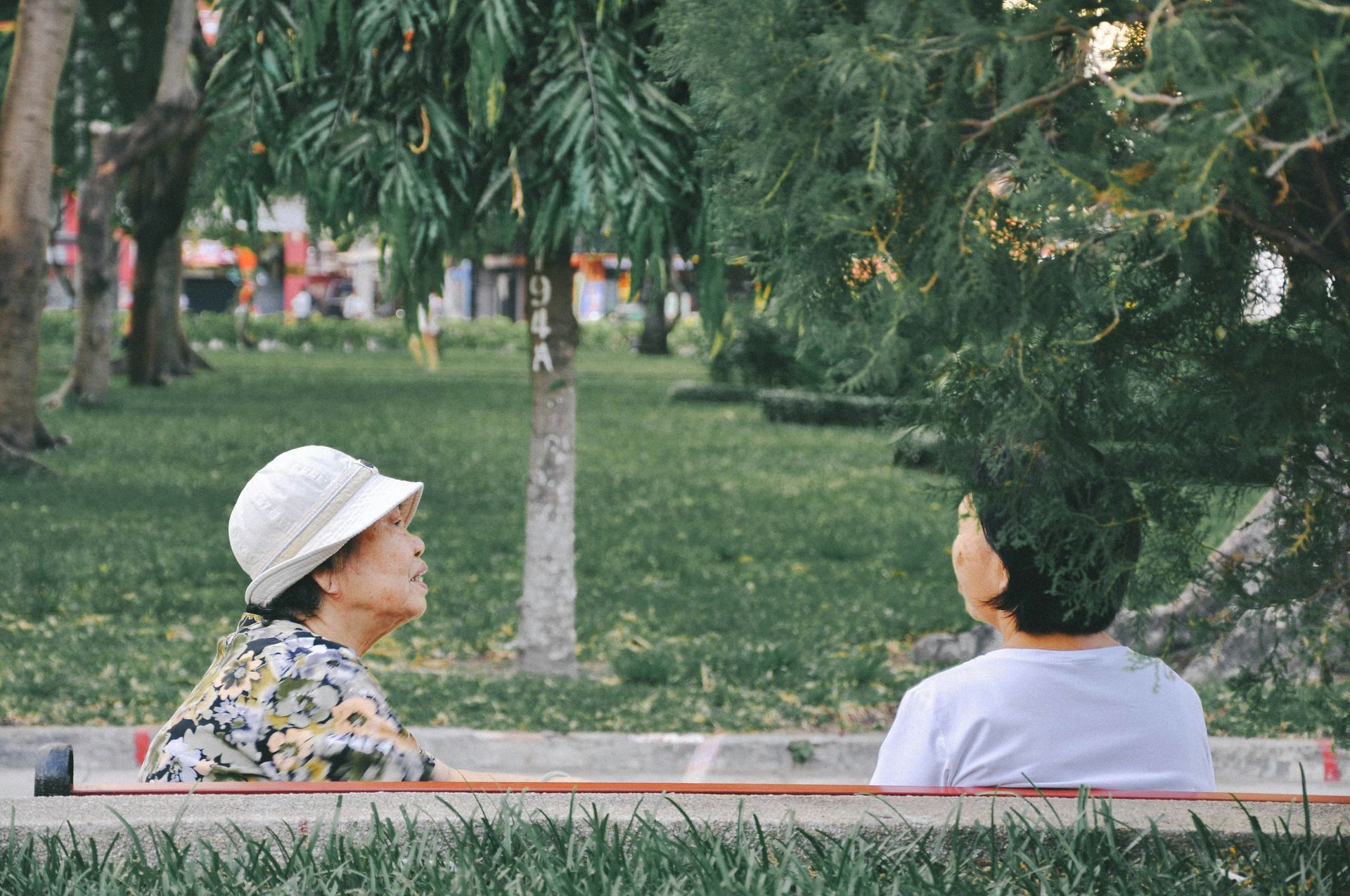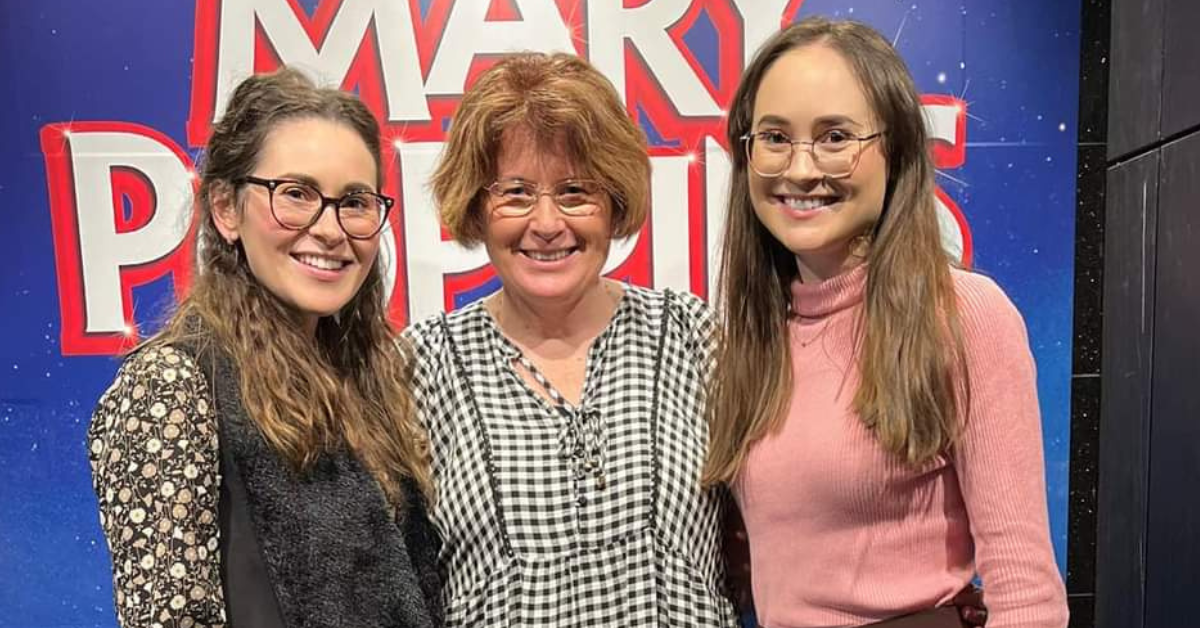Countering the message that who you are is not OK
Research has shown that bullying (particularly at school), abuse, harassment, discrimination and a lack of support from friends, families and those in a position of trust can impact the mental health and wellbeing of emerging LGBTI+ youth.
R U OK? spoke with Sally Morris, National MindOUTProject Coordinator at the National LGBTI Health Alliance, to discuss these negative experiences and find solutions to reduce their impact.
Q. What experiences and moments can affect the mental health and wellbeing of LGBTI+ youth?
There can be a number of moments that can be significant in the lives of LGBTI+ young people. One big moment is when young people realise their sexuality or gender identity, or learn about their intersex variation, the realisation that who they are is different to what they were taught that they should be. The period after that realisation but before telling someone else can be one of significant stress. There is so much fear that they will be rejected for who they are.
The reaction you receive from someone else when you tell them that you are LGBTI+, or even if you aren’t sure, can have a significant effect. Getting a response that tells you that it’s not OK to be who you are can have a real impact on a young LGBTI+ person’s mental health. But a supportive compassionate response can also make a real difference.
Australia has a number of LGBTI+ youth services that have some great resources that can help young people, parents, and carers respond appropriately when someone’s coming out. Twenty10, Minus18, Open Doors Youth Service , and the Freedom Centre are some of these services.
“Conversations about whether you ‘belong’ don’t just play out on TV, they play out in our homes, schools, workplaces, communities and online.”
Stigma, harassment and abuse can have a significant impact on LGBTI+ youth’s mental health and wellbeing. Even though our society is becoming more accepting of LGBTI+ people, we are still subject to a significant amount of stigma, abuse and harassment. Conversations about whether you ‘belong’ don’t just play out on TV, they play out in our homes, schools, workplaces, communities and online.
Stigma, harassment and abuse doesn’t have to be directly targeted at someone to have an impact on their mental health and wellbeing – even seeing and hearing about conversations, statements or actions can have a negative effect because the message you’re hearing is that this is not a safe space and who you are is not OK. This indirect discrimination can be heightened when LGBTI issues are being discussed publicly, as it can give people permission to verbalise their thoughts, including the negative ones.
Online and through social media, LGBTI+ people hear and consume lots of messages about our value and worth, and the negative ones can be hard to avoid. Even in spaces that may be set up as a positive supportive space for LGBTI+ people, there will always be negative comments. And as much as it is easy to say ‘don’t read the comments’ it is really hard not to!
To use an example, someone might make an unkind joke about trans people and brush it off by saying that it doesn’t matter because there ‘aren’t any of those people here’, but they don’t know that for a fact because LGBTI+ people can be very invisible, and we often choose to be to avoid harassment and bullying, meaning we often hear really horrible things about who we are.
Q. It’s important to counter those messages that say who you are is not OK. What can we do to be more mindful?
It can be hard to filter out all those negative messages we hear about who we are as an LGBTI+ person. Being connected to the LGBTI community can play an important role as this helps us connect with others who can become positive role models who can help us learn how to be more resilient in the face of stigma.
But young people may not know any other LGBTI+ people, so when they experience stigma or a negative response within their school, community or friendship group that says who they are is not OK, it can really affect them. Helping them connect with other LGBTI+ people, services and people who say who you are is OK is vital.
Family and friends checking in can help dispel some of the feelings that who you are is not OK. It’s about letting someone know that regardless of what’s being said or felt, you’re really important to them; e.g. - This is how I genuinely feel about you and those messages you are hearing are wrong, you are important, and you matter to me.
Q. What are your tips when starting a conversation with an LGBTI+ peer you’re worried about?
The R U OK? 4 steps, Ask R U OK?, Listen, Encourage action, and Check in are a good starting point.
I think that first step Ask R U OK? is about opening the conversation and naming what you think might be having an impact on them. It’s about letting them know you’re seeing what’s happening for LGBTI+ people and you’re worried about the effect it might be having on them.
Firstly, let them know what you have noticed happening. If you have noticed it, they definitely will have. You could say, “Hey, look I’ve noticed that on the news that they were talking about gay kids should be in school, or I heard this teacher say that trans people are not normal and shouldn’t be in the bathrooms, or I saw that meme that was making fun of LGBTI people that is going around, and I just wanted to check in and see how you’re going and how you might be feeling about that?”
Listening is about not judging their experiences, it’s about listening with an open mind about what they are thinking and how they are feeling. It is really important to not dismiss the impact of what might seem like quite a small thing to you. These small messages can have a really big impact, because they may not be the only ‘small’ message that person has come across - it could be one of 20 that week – and they can make the world seem like a really unkind place to LGBTI+ people.
Encourage action is about helping people think of next steps that might help them deal with these experiences and what they might be feeling. This might be making a complaint to the school about what happened, participating in an advocacy campaign to create social change, or speaking to another LGBTI+ person who might be a positive role model for them, like an older family member or teacher – and you can support them in taking this action.
Educating yourself about what is available in the community can help you point them towards the right support. For me, QLife is the first port of call. It’s a peer-based service that they can ring or use their online chat service to connect with another LGBTI+ person who will understand what they’re going through.
Checking in is about staying regularly connected to them, asking them if there’s anything you can do to support them especially if you notice more negative things being said about LGBTI+ people around you. It can be really helpful to let them know that you value who they are as someone who is LGBTI+. Not just once, but anytime you feel they need it.
You can find more conversation tips here.
R U OK? have developed a resource hub for LGBTI+ people and allies. Access the ‘Listen with Love’ hub.
If you need some extra support, you can connect with QLife o n 1800 184 527 or online (3pm-midnight). Other services, resources and help can be found here.
Sign up to our newsletter for conversations tips, news and insights from our staff, experts and supporters.

















